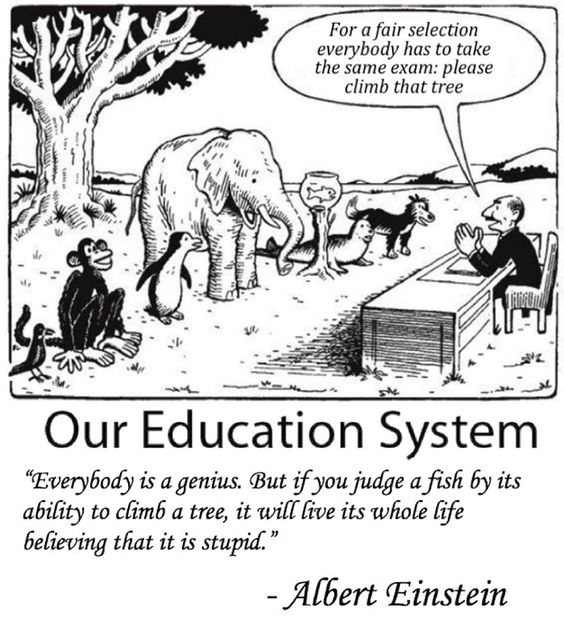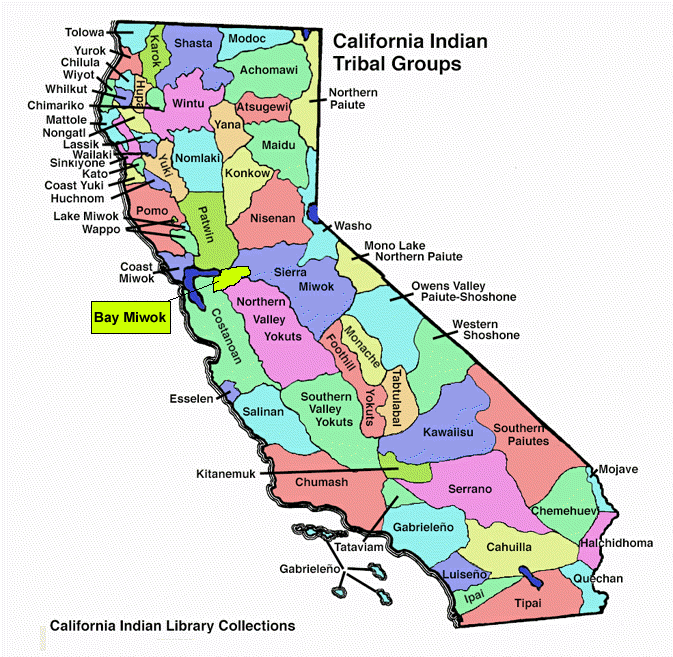Decolonizing the Curriculum
Setting Equitable Community Norms and Expectations
Decolonizing the Curriculum
 It starts with the syllabus, followed by the course learning outcomes
It starts with the syllabus, followed by the course learning outcomes
Need some inspiration to get started? Read Professor Chanelle Wilson's process of revising and decolonizing their syllabus.
Are our curriculum and syllabus language welcoming diversity of thought and validating multiple perspectives or is it by nature exclusionary? We serve a diverse group of students and future scholars. In these times of social and political unrest, it behooves us to examine our curriculum (i.e., What is common knowledge in the discipline and why is it common while other knowledge is less so or even denied?), as well as the language used in our syllabi. This is the work necessary to begin the process of decolonizing our curriculum.
Reconstruct your syllabus with these ideas in mind
-
Introduce who you are and your background. It matters that students see you for you.
-
Create community norms with your students and include language that addresses intolerance of microaggressions and racists remarks, actions, and behaviors.
-
Build flexibility into your communication methods, assessment, and grading. Allow room for mistakes and growth.
-
Make materials, examples, and assignments inclusive to race, socio-economic standing, gender, sexuality, disability, immigration status, English language learner, and first-generation students.
-
Offer positive affirmations and supportive language throughout your Canvas and communications with students (asset vs. deficit thinking).
-
Include information about affordable housing, psychological services, food security, academic support, etc.
-
" Decolonizing involves identifying colonial systems, structures and relationships, and working to challenge those systems. It is not 'integration' or simply the token inclusion of the intellectual achievements of non-white cultures. Rather, it involves a paradigm shift from a culture of exclusion and denial to the making of space for other political philosophies and knowledge systems. It's a culture shift to think more widely about why common knowledge is what it is, and in so doing adjusting cultural perceptions and power relations in real and significant ways" (Keele Decolonizing the Curriculum Network, 2020).
Supporting Black Indigenous People of Color (BIPOC) (adapted from (Ahadi & Guerrero 2020)
Validation
- Open and direct, 1-on-1 communication and check-in on students when they do not show up, ask TAs do to the same in large classes.
- Validate students in and out of the classroom (Rendon, 1994)
- Create opportunities to discuss ongoing marginalization, oppression, and barriers.
Engagement
- Engage students emotionally, behaviorally, and cognitively.
- Include examples BIPOC students can relate to.
- "For example, in mathematics, to remedy the whitewashing of BIPOC contributions, faculty need to expose students to their mathematical cultural heritage. This goal can be achieved by showcasing the non-European roots of mathematics (Joseph, 2010), using “the mathematics which is practiced among identifiable cultural groups” (Powell and Frankenstein, 1997, p.7) and language in decolonizing mathematics (Iseke-Barnes, 2000). As a result, when student engagement increases, a greater sense of belonging will take place as well." (Ahadi & Guerrero 2020)
Sense of belonging
- Achieved through students feeling supported, respected, and accepted by instructors and peers.
- Sense of belonging leads to "optimal functioning" (Strayhorn 2018).
- Learn student names and gender pronouns.
- Be sensitive to student needs and stay positive.
References
-
Ahadi, H. S., Guerrero, L. S. (2020) "Decolonizing Your Syllabus, an Anti-Racist Guide for Your College" Academic Senate for California Community Colleges. URL
-
Rendon, L. (1994) “Validating Culturally Diverse Students: Toward a New Model of Learning and Student Development.” Innovative Higher Education 19.1: 33-51.
-
Strayhorn, T. (2018) College Students’ Sense of Belonging: A Key to Educational Success for All Students. ISBN 9781138238558
Setting Equitable Community Norms and Expectations
Learning is a social act. Knowledge and understanding are developed, negotiated, and socially constructed when we come in contact with diverse others and engage in respectful dialogue, discourse, and debate. In every sense, diversity provides an opportunity for us to grow personally, intellectually, and professionally. But to learn and grow, all individuals must feel safe, valued, and have a sense of belonging in the community. Students have a right to learn and instructors have a right to teach. We must all work together to establish and maintain a safe and productive learning environment that supports equity, diversity, and inclusion. This requires some agreed-upon norms of behavior for instructional conversations that take place in and out-of-class; face-to-face or online.
These classroom norms or expectations of behavior can be pre-determined by the instructor (as below) or collaboratively developed on the first day of class. Either way, you are highly encouraged to include a statement in the syllabus, our contract for the semester, that references your expectations for behavior and conversational etiquette in and out of the classroom, whether conducted synchronously or asynchronously in the virtual environment. Next is a sample of what you might include in the syllabus.
Example Syllabus Statement
Research reveals that a sense of belonging, personal value, and the ability to express one’s perspectives without the fear of being personally attacked or intimidated(i.e., safety) is critical to learning. As such, we need to have some agreed-upon norms of behavior for both in-person/synchronous and remote/asynchronous communications. All students have a right to learn and the instructor has a right to teach. Our agreements will help to maintain a safe and productive learning environment that supports equity, diversity, and inclusion.
- Be committed to UC Merced’s Principles of Community “These principles reflect our ongoing efforts to increase access and inclusion and to create a community that nurtures lifelong learning and growth for all of its members.”
- Help to establish and maintain a community whereby all members feel they belong and are valued. In every sense, diversity provides an opportunity for us to grow personally, intellectually, and professionally.
- In all communications, exercise professionalism and cultural responsiveness.
- Show respect for differing opinions and perspectives. One of the purposes of higher education is to expand your mind and perspectives.
- Be responsible for your decisions and actions.
Attendance: Show up to class “prepared” to learn and help others learn.
Assignments: Do your best work and meet deadlines. (I understand that life does not always happen as expected, so if you have an unforeseen incident that prevents you from meeting a deadline, please email me at least 24 hours in advance of the due date to request an extension).
Communications/Discussions: Seek understanding and growth rather than an affirmation of your existing beliefs. Do your part to extend conversations rather than shut them down. We support open dialogue and diversity of thought when we ask for clarity, more information, and considerations of alternative points of view. Respectful and supportive responses begin with:
- Can you tell me more about...
- Please clarify what you mean by...
- Have you considered....
- Is it also possible that...
Land Acknowledgement (from OEDI)
 A Land Acknowledgement is a formal statement that recognizes the unique and enduring relationship that exists between Indigenous Peoples and their traditional territories.
A Land Acknowledgement is a formal statement that recognizes the unique and enduring relationship that exists between Indigenous Peoples and their traditional territories.
To recognize the land is an expression of gratitude and appreciation to those whose territory you reside on and a way of honoring the Indigenous people who have been living and working on the land from time immemorial. It is important to understand the long-standing history that has brought you to reside on the land, and to seek to understand your place within that history. Land acknowledgments do not exist in a past tense, or historical context: colonialism is a current ongoing process, and we need to build our mindfulness of our present participation. It is also worth noting that acknowledging the land is Indigenous protocol.
Statement for the first day of class:
“We pause to acknowledge all local indigenous peoples, including the Yokuts and Miwuk, who inhabited this land. We embrace their continued connection to this region and thank them for allowing us to live, work, learn, and collaborate on their traditional homeland. Let us now take a moment of silence to pay respect to their elders and to all Yokuts and Miwuk people, past and present.”



